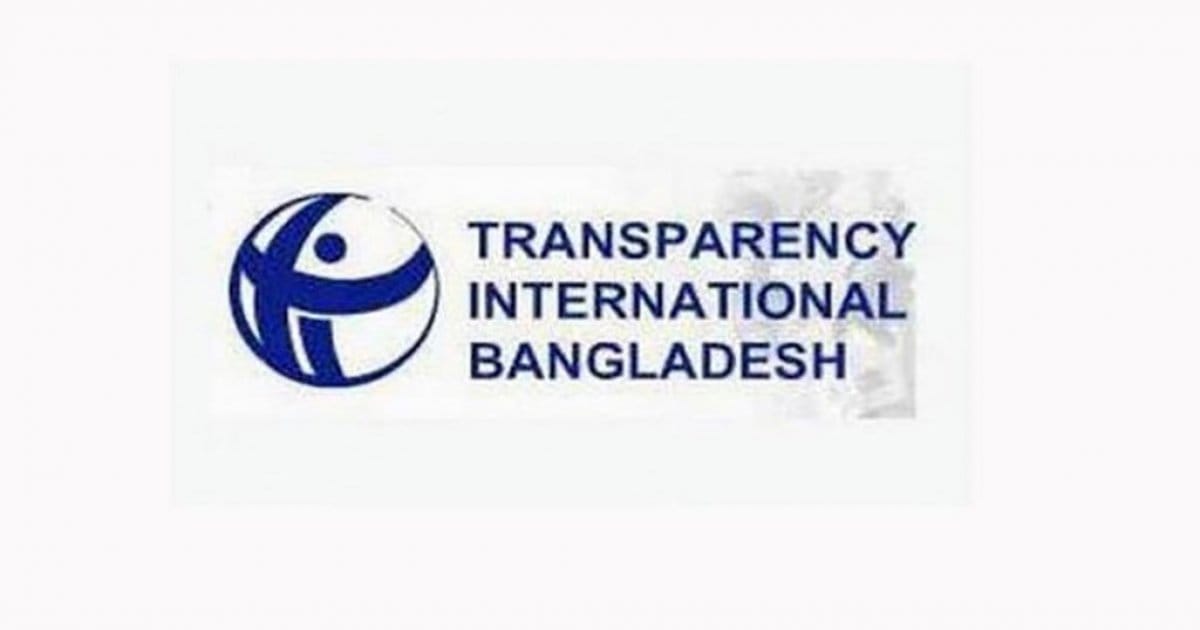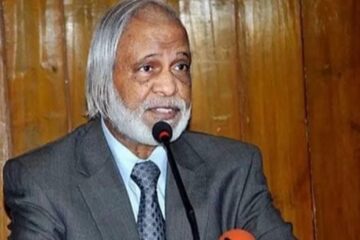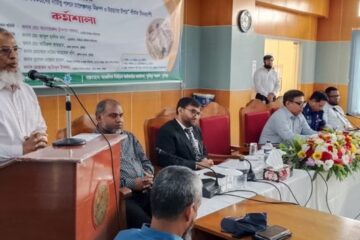Transparency International Bangladesh (TIB) has expressed concern over the decision to keep military officers, who have been accused by the International Crimes Tribunal of enforced disappearances, extrajudicial killings, and torture during the fallen authoritarian regime, in military custody inside the cantonment.
This decision is questionable in light of constitutional commitments and the principle of equal application of the law, said a press release on Tuesday.
TIB has called on the government to clarify the rationale and considerations behind the decision to treat military officers accused of crimes against humanity differently from other accused persons.
Emphasizing the fundamental principle that “all are equal before the law,” the organization has strongly urged the government to immediately withdraw this discriminatory decision, said the civil society organization.
“How can discrimination based on identity or position be acceptable in cases involving the same allegations? In the trial process of individuals accused of crimes against humanity, there is no scope to consider professional identity or rank,” said TIB Executive Director Dr Iftekharuzzaman.
Granting or assessing anyone with special privileges in this way goes against the principle of justice, he said.
“If other accused persons can be held in civilian custody under regular procedures, what is the justification for establishing specialized sub-jails for accused military officers? Will the government then offer as many types of sub-jails as there are professional or institutional identities among the accused from state and non-state sectors?” said the TIB Executive Director.
He said this discriminatory behavior by the government will call into question the judicial process of the International Crimes Tribunal, creating the risk of public confusion regarding the government’s intentions, particularly among victims and their families. Effective measures must be taken to ensure that there is no scope for even the slightest doubt about the impartiality and transparency of the trial process, he added.



